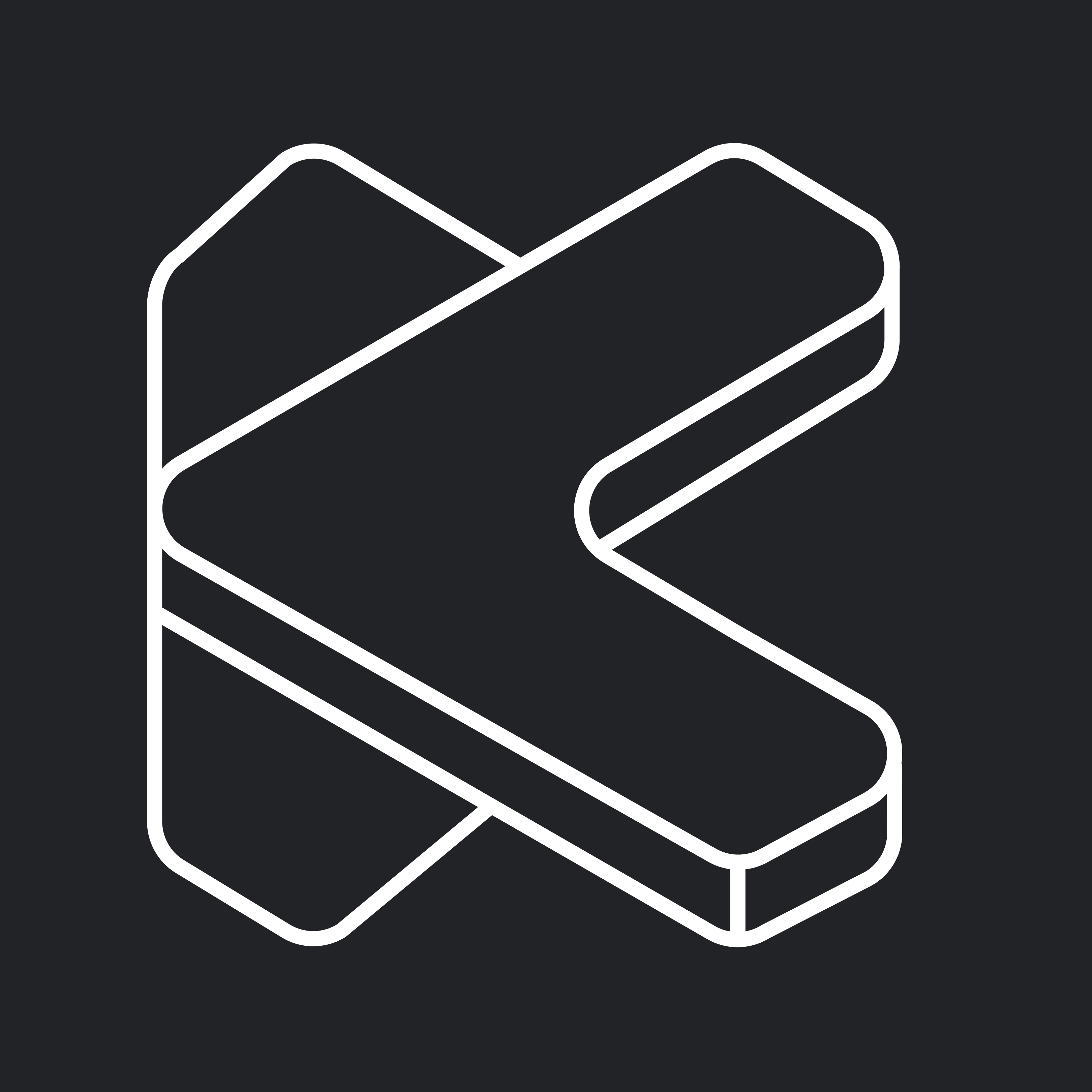Is AI Progress Slowing?
AI is evolving fast and dominating every sector with its capabilities. OpenAI, is on the verge of releasing its new model, “Orion.” Reports have been saying that AI progress is slowing down since Orion’s news. Let’s look at what the fuss is about regarding Orion.
This blog is written by Akshat Virmani at KushoAI. We're building the fastest way to test your APIs. It's completely free and you can sign up here.
What is OpenAI’s Orion?
Orion is a next-generation AI model developed by OpenAI, aimed at improving the performance of its predecessor, GPT-4. Orion is built on the GPT-4 architecture with refinements in fine-tuning, training efficiency, and task-specific optimisation. Despite these enhancements, early reports indicate that the performance leap from GPT-4 to Orion is incremental rather than groundbreaking.
For example, GPT-4 showcased substantial improvements over GPT-3.5 in reasoning, contextual understanding, and creative output, but Orion’s advancements only focus on fine details and specialised use cases. Orion’s advancements focus on fine-tuning for specialised domains and achieving 5-10% better performance on benchmarks like MMLU (Massive Multitask Language Understanding) for legal and medical applications.
Why AI Progress Appears To Be Slowing
1. Scaling Complexity
AI relies heavily on larger datasets, more parameters, and more computational power but training them is increasingly difficult due to the need for extensive resources, time, and expertise.2. Data Limitations
Large language models rely on massive datasets. Future progress may require new approaches to data collection or entirely new types of datasets to improve the models' ability to be distinguished from other LLMs and AI generated content.
3. Shifting Goals
As AI models grow more complex, companies struggle to control and manage them effectively, facing challenges like unexpected behaviours, unpredictability, difficulty monitoring, and ensuring ethical use.
The Broader Industry Challenge
- Bottlenecks: The demand for AI researchers far outpaces supply, slowing innovation in cutting-edge areas.
- AI Integration: Companies like Apple need help in integrating AI models like ChatGPT into their products, such as the iPhone, due to issues such as maintaining data privacy.
Some solutions to these challenges
- Efficient Architectures: Techniques like sparsity, pruning, and low-rank adaptation are helping to reduce resource requirements while maintaining performance.
- Collaborative Research: Open-source initiatives and collaborations in research foster innovation and reduce duplication of effort.
- Reinforcement Learning from Human Feedback (RLHF): RLHF is transforming how AI models align with human values and expectations by learning from human feedback.. This method has been really important in refining large language models.However, it also highlights challenges like scaling human feedback for increasingly large models and addressing biases in training data.
- Transfer Learning and Fine-Tuning: Transfer learning allows pre-trained models to adapt to new tasks with minimal data, saving time and resources. Fine-tuning these models further enhances their ability to perform specific tasks while leveraging existing knowledge. These techniques improve efficiency and expand the range of applications for AI, from healthcare to personalised customer experiences.
- Collaborative Research and Open Source The open-source movement has been pivotal in democratising AI innovation. Platforms like Hugging Face and TensorFlow encourage collaboration across organisations, fostering transparency and accelerating progress. Collaborative research initiatives, such as those by OpenAI and DeepMind, reduce duplication of effort and enable a shared focus on addressing industry-wide challenges, including data efficiency and ethical AI deployment.
Conclusion
The challenges highlighted by Orion’s development are not just limited to OpenAI. The broader AI industry faces a convergence of technical, economic, and ethical hurdles that slow progress.
This blog is written by Akshat Virmani at KushoAI. We're building an AI agent that tests your APIs for you. Bring in API information and watch KushoAI turn it into fully functional and exhaustive test suites in minutes.

Member discussion